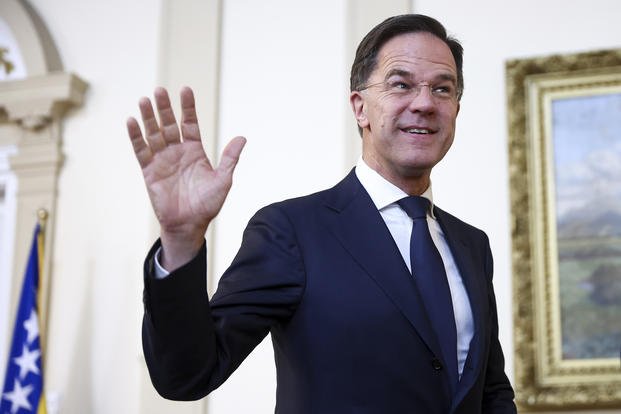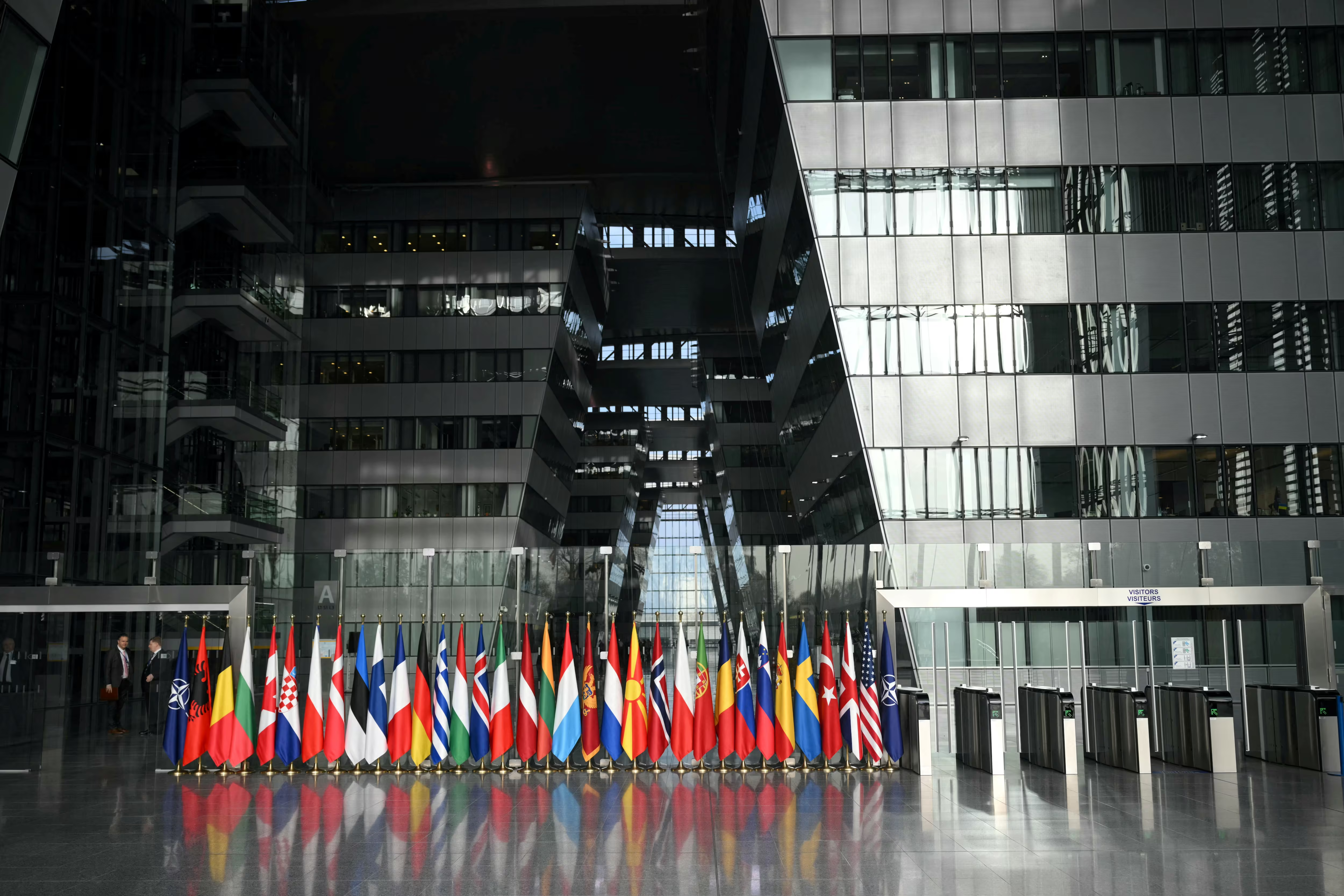Trump"s Bold Move to Arm Ukraine
In a surprising turn of events, President Donald Trump announced on July 14, 2025, that NATO allies will finance the purchase of Patriot missile defense systems and other military equipment for Ukraine. This commitment, touted as worth billions of dollars, marks a significant escalation in the United States" military support for Ukraine amid its ongoing struggle against Russian aggression. As Trump stated during a meeting with NATO Secretary General Mark Rutte, "We’ve made a deal today where we are going to be sending them weapons and they’re going to be paying for them." The implications of this decision resonate deeply within the broader context of international relations and the shifting dynamics of global governance.
European Allies Step Up Defense Spending
The announcement comes on the heels of a NATO summit where European countries pledged to increase their defense budgets to 5% of their GDP by 2035. Trump"s insistence that European nations will bear the financial burden of these arms—a plan first proposed by Ukrainian officials—highlights a strategic pivot toward European self-reliance in defense matters. As reported by Reuters, these transactions will count toward NATO countries" defense spending goals, allowing them to meet international obligations while supporting Ukraine.

NATO Secretary-General Tells Trump He"s Motivating Alliance ...
Military Aid Signals Shift in U.S. Foreign Policy
This latest development is not merely a matter of arms and finance; it represents a critical shift in U.S. foreign policy under Trump. Historically, the Trump administration has oscillated on military support for Ukraine, with aid packages frequently halted and reversed. However, growing frustration with Russian President Vladimir Putin"s refusal to engage in genuine peacemaking has pushed Trump closer to a more traditional NATO stance, which emphasizes a robust defense of Ukraine. The president"s remarks on Ukraine"s "courage" and Europe"s "spirit" signify an attempt to align with mainstream NATO rhetoric, as noted by The Washington Post.
Consequences for Russia and Global Stability
Trump"s threat to impose "100 percent" tariffs on Russian goods if a peace deal is not reached within 50 days further escalates tensions between the U.S. and Russia. Such measures could have significant repercussions not only for U.S.-Russia relations but also for global economic stability. The potential for a trade war, compounded by military escalation, suggests a precarious balance of power in international relations. According to NPR, the Pentagon"s recent hesitations in delivering military aid to Ukraine had previously shocked both allies and domestic officials, highlighting the volatility of U.S. commitments amid shifting political winds.

Finnish satellite operator ICEYE to provide data to NATO ...
Domestic Repercussions and Public Opinion
Domestically, Trump"s announcement may play a dual role. On one hand, it could bolster his support among those who view military strength as essential to U.S. interests abroad. On the other hand, it may alienate progressive factions within the Democratic Party who advocate for diplomatic solutions over military intervention. The ongoing debates about military spending, foreign aid, and national security are likely to intensify as public opinion wrestles with the implications of further entrenching the U.S. in foreign conflicts. This bifurcation is critical as the nation approaches another election cycle, creating a fertile ground for both candidates and activists to articulate their visions for U.S. foreign policy moving forward.



![[Video] Gunfire between Iraqi security forces and Sadr militias in Baghdad](/_next/image?url=%2Fapi%2Fimage%2Fthumbnails%2Fthumbnail-1768343508874-4redb-thumbnail.jpg&w=3840&q=75)
